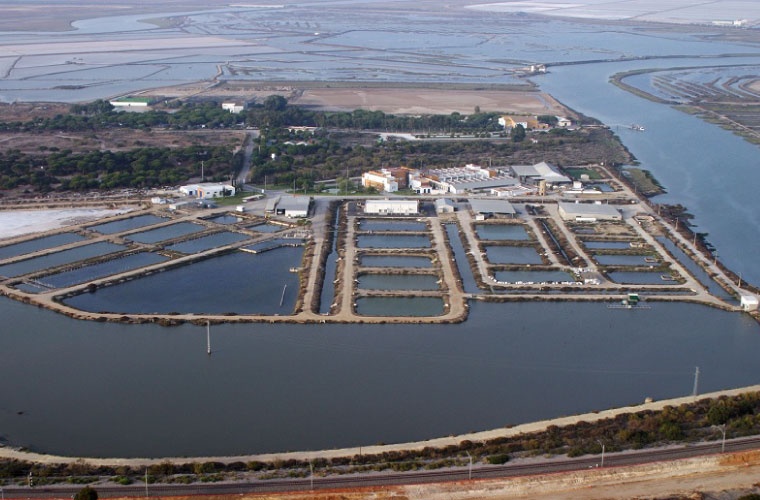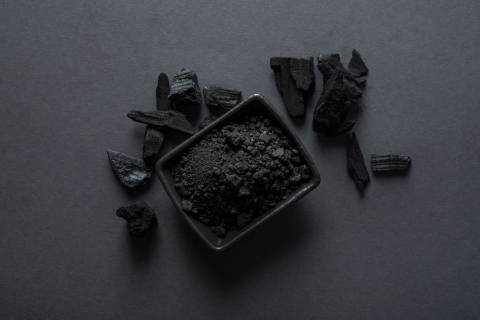 IFAPA (Spain)
IFAPA (Spain)
The Interreg Euro-MED project AZA4ICE (Allocated Zones for Circular Aquaculture) focuses on spatial planning to designate specific areas for aquaculture is preparing regional seminars next year to promote knowledge-sharing and collaboration.
The aim of this project is to advance sustainable and circular aquaculture practices while minimising environmental impacts and fostering socio-economic growth in the European Mediterranean region.
Experts, aquaculture producers, and policymakers will discuss innovation in circular aquaculture, managing protected aquaculture zones, and strategies for climate resilience and the Blue Economy, among other relevant topics.
To participate in these seminars, the organisers are calling on stakeholders across the Mediterranean to actively engage in this initiative by signing the Declaration of Participation. Participants will have the opportunity to contribute to the co-creation and implementation of sustainable strategies for the future of aquaculture.
The consortium of this project is formed by key institutions and research centres from countries such as France, Spain, Italy, Bulgaria, Portugal, Croatia, and Montenegro, all working together to implement the AZA4ICE methodology.
The Mediterranean Sea, a hub of biodiversity and economic activity, faces critical challenges in balancing environmental conservation with economic development. AZA4ICE addresses these challenges through regional pilot initiatives, which include Étang de Thau, in France, focusing on shellfish and algae production using Integrated Multi-Trophic Aquaculture (IMTA); Varna Bay, in Bulgaria, mapping aquaculture sites and analysing environmental data in the Black Sea; Šasko Lake, Montenegro, developing sustainable aquaculture models while raising awareness among local communities.
In the Western Mediterranean countries, Cabras Lagoon, in Sardinia, Italy, implementing circular systems for species like sea bream and sea bass; Bay of Cadiz, in Spain, advancing aquaculture through combined recirculating and integrated multi-trophic systems; and Ria Formosa Lagoon, in Portugal focusing on evaluating sustainable production systems, such as IMTA and RAS, in a highly biodiverse and protected area, part of the Natura 2000 network.


